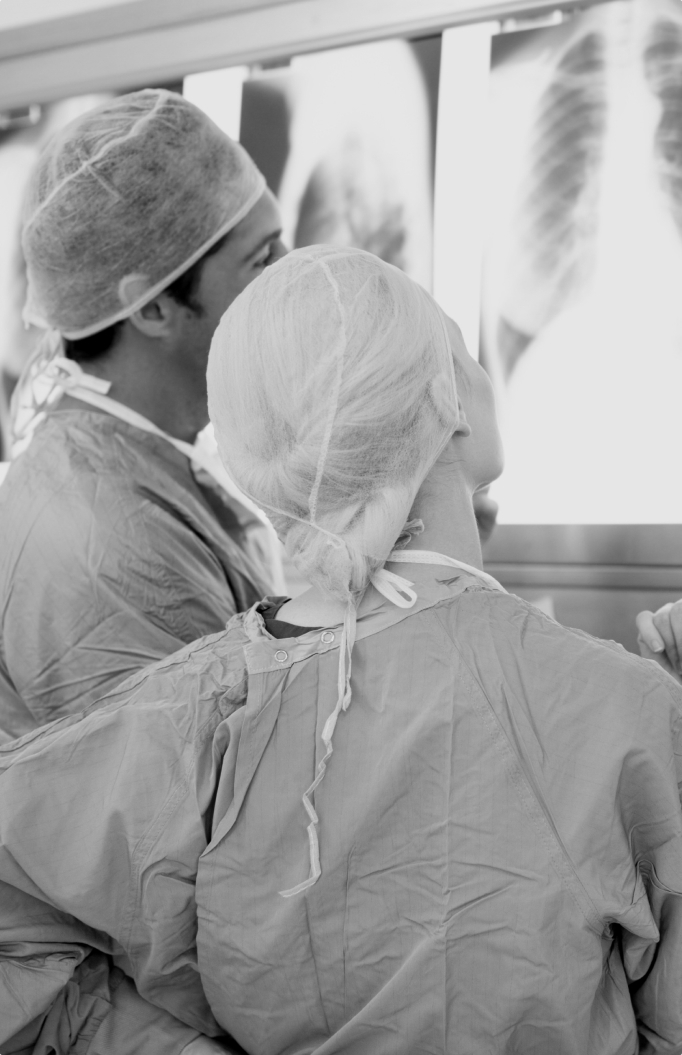
The why What the Medical Training Survey Found
More than half of doctors in training responded to the 2024 Medical Training Survey, with 24,812 responses collected.
The what A symbol of change
- about individual “Resilience” and “Wellbeing”
- like a Doctors Health Program (but if successful will have profound effects on health, resilience and wellbeing)
- focus on individuals behaviour
- focus on occupational health and safety, especially psychological safety
- emphasis on drivers, enablers and perpetuators of adverse workplace culture
- attention brought to organisational responsibilities and hard levers
- collaboration with non-health partners e.g. Race Discrimination Commissioner, SafeWork Australia, Respect@Work
The what Our Values
The how Engagement Structure
The project is governed by two main bodies; the RACMA board that is responsible for corporate governance and the Advisory Board responsible for content governance. The Advisory Board comprises representation from Colleges, peak health bodies, and subject matter experts in workplace culture, discrimination and harassment. The project also has 12 reference groups and 5 working groups. The reference groups act as vital consultation bodies, offering grassroots-level information to support the working groups and project team. Currently we have 12 reference groups with 151 members across all. The Working Groups supports the Advisory Board via the provision of content expertise and implementation support across the system